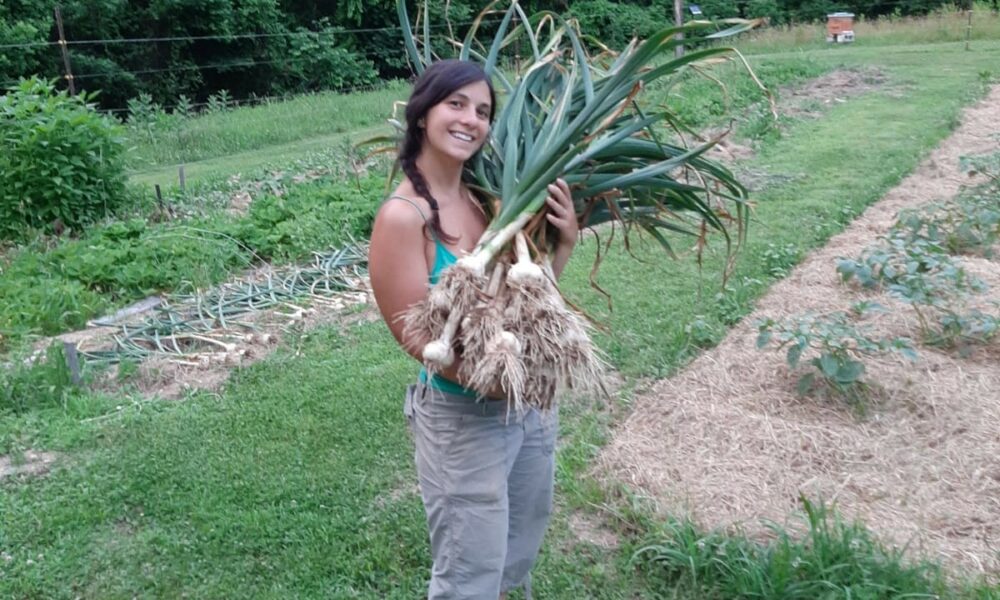

Today we’d like to introduce you to Natalie Ashker Seevers.
Hi Natalie, it’s an honor to have you on the platform. Thanks for taking the time to share your story with us – to start maybe you can share some of your backstories with our readers.
Growing up in a suburb I had no idea where my food came from, or any interest, to be honest. When I started college at Belmont University we were required to read Michael Pollen’s The Omnivore’s Dilemma and I realized I had been living under a rock! Large-scale industrial agriculture was destroying our health as well as the health of the planet and our communities at large.
After college, I worked in the film and entertainment industry for a few years. I began volunteering with The Barefoot Farmer’s CSA to get free vegetables. I took over as CSA manager and quickly realized I could not answer customer questions! Why was last year a great tomato year but this year wasn’t? How do you cook stinging nettle and lambs quarters? How do you preserve summer squash and sweet peppers to enjoy them all year long?
I started visiting the farm as often as I could and eventually moved there to study and learn for a year. When that year ended, I could not imagine NOT growing my own food. I ended up moving down the road – that was seven years ago.
In 2019 I started volunteering for the Tennessee Local Food Summit. This is a conference that was founded by Jeff Poppen, The Barefoot Farmer, in 2010. Completely fueled by volunteers and hosted by over 7 universities and schools including Vanderbilt University, Lipscomb University, Tennessee State University, and others, this conference is intended to educate and connect small farmers using regenerative farming practices and other stakeholders in our community food system.
In 2022 the volunteer steering committee decided that we had to hire someone to keep this ball rolling and to reach our full potential as an organization. We became a 501(c)3 and I was hired as the first-ever Executive Director – despite being around for 12 years!
Nashville imports billions of dollars worth of food annually from all over the country and worldwide. Meanwhile, 40% of Tennessee’s land is in agriculture production, but this land is not being used to feed our communities.
Farmers are incentivized to grow corn and soil that is mostly feeding cows in feedlots. Can you imagine if more Tennessee farmers were growing food using regenerative practices that actually sequester carbon out of the atmosphere AND produce healthy food for our communities?
Would you say it’s been a smooth road, and if not what are some of the biggest challenges you’ve faced along the way?
As a volunteer-run organization for over ten years, we were lacking in some basic organizational infrastructure. We had also been operating in sort of an echo chamber, not making a strong enough effort to look thoroughly across Middle Tennessee and say hey, who is doing what? Who are we not connected with that is doing incredible work? It’s important for us as an organization to be a connector.
We don’t want to be working in a silo and we don’t want our partners and fellow food/agriculture organizations to be working in silos either. Building trust and meaningful relationships are one of our greatest priorities right now. How can we better serve the stakeholders in our community food system – so that’s our farmers (both urban and rural), processors, distributors, marketers, food waste and recovery, etc?
Appreciate you sharing that. What else should we know about what you do?
In college, I majored in Video Production and Philosophy.
When I got out of school I began working in the film industry. I worked on all kinds of jobs – commercials, music videos, movies, and tv shows. I mostly worked in the production office, which was sort of like a control room where every department on set would call, text, and email you with problems and you had to solve them. We put out fires (metaphorical ones) all day. My mentor, Dona Spangler, taught me everything I know. I learned to coordinate and produce all kinds of projects.
After I moved to Jeff Poppen’s farm, I continued to work as a video coordinator/producer on a freelance basis.
I managed the Barefoot Farmer CSA for 5 years and then worked as the Marketing Manager for Caney Fork Farms for two seasons.
Today I’m working as the Executive Director of the Tennessee Local Food Summit. Our mission is really dear to my heart because I have experienced firsthand how powerful it can be to have a relationship with food and land. I feel privileged to grow food for my family and believe that everyone should have the tools and resources they need to grow or access healthy, nutritional food.
Just recently I hosted and co-produced a podcast, Commons Groundswell, for Agrarian Trust, an organization that protects farmland for next-generation farmers. It’s all about the human connection to the land. The first episode is with Leah Penniman of Soul Fire Farm and it just released today!
How do you define success?
To me, success is taking that leap.
It’s being quiet and listening to what your heart is calling you to do, and then doing it. When I look back on experiences that did not pan out how I had hoped, it is easy to feel as if I failed. But my greatest learning and growth experiences have come out of those “failures”, so I am learning to lean into those challenges.
Contact Info:
- Website: www.tnlocalfood.org
- Instagram: @tnlocalfood
- Facebook: @tnlocalfoodsummit
- Twitter: @tnlocalfood
- Youtube: Tennessee Local Food Summit
- Other: https://www.agrariantrust.org/commons-groundswell/
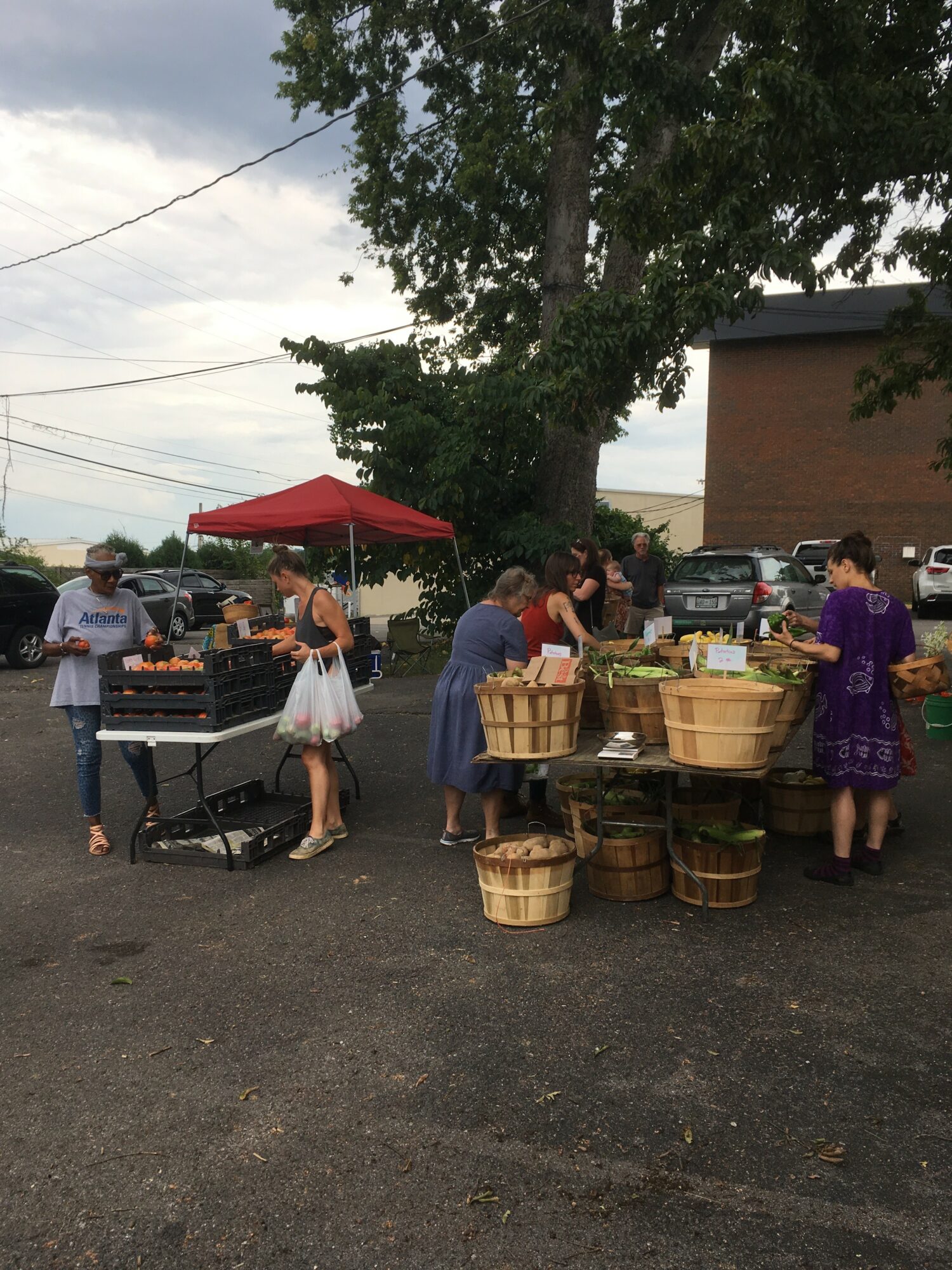
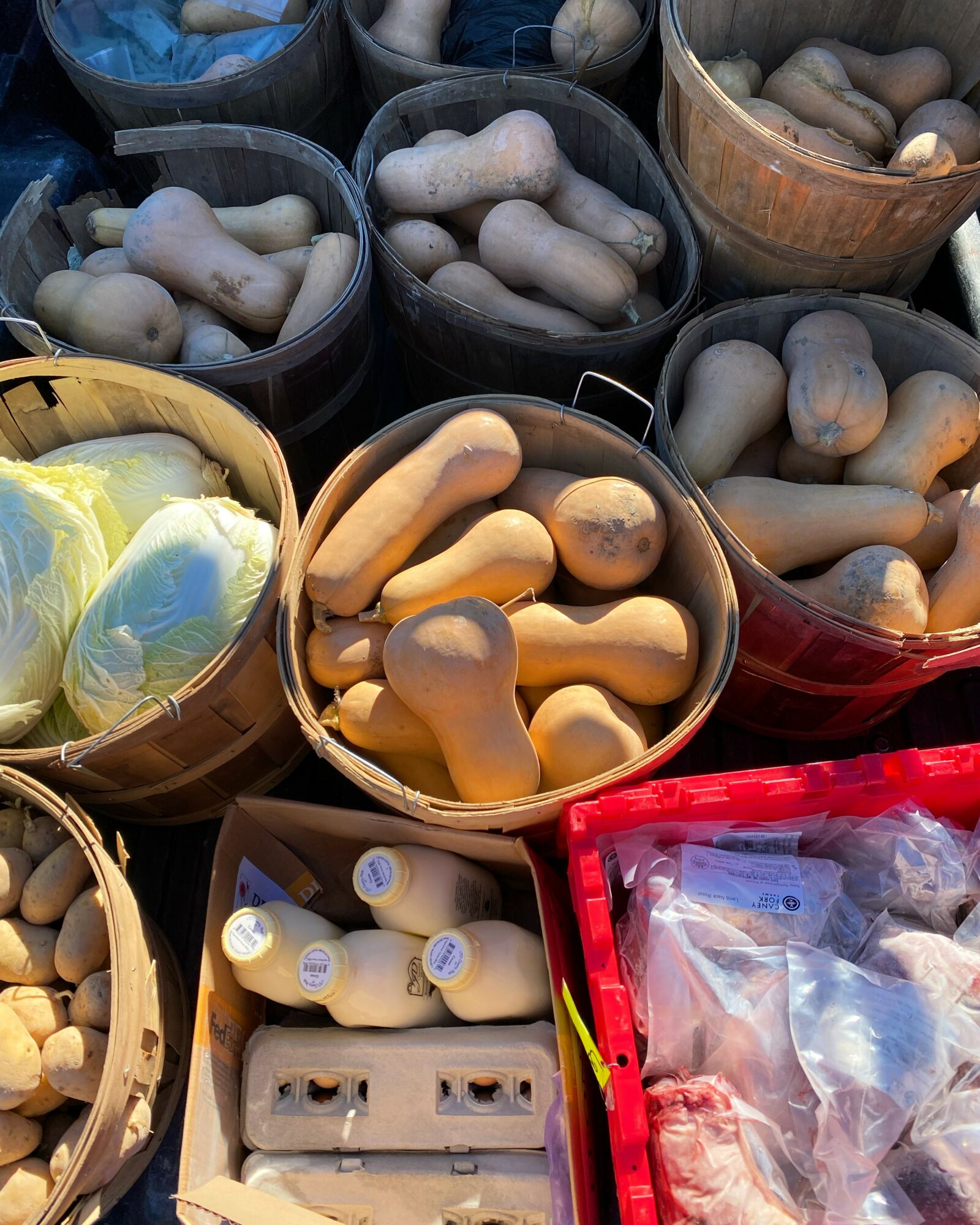
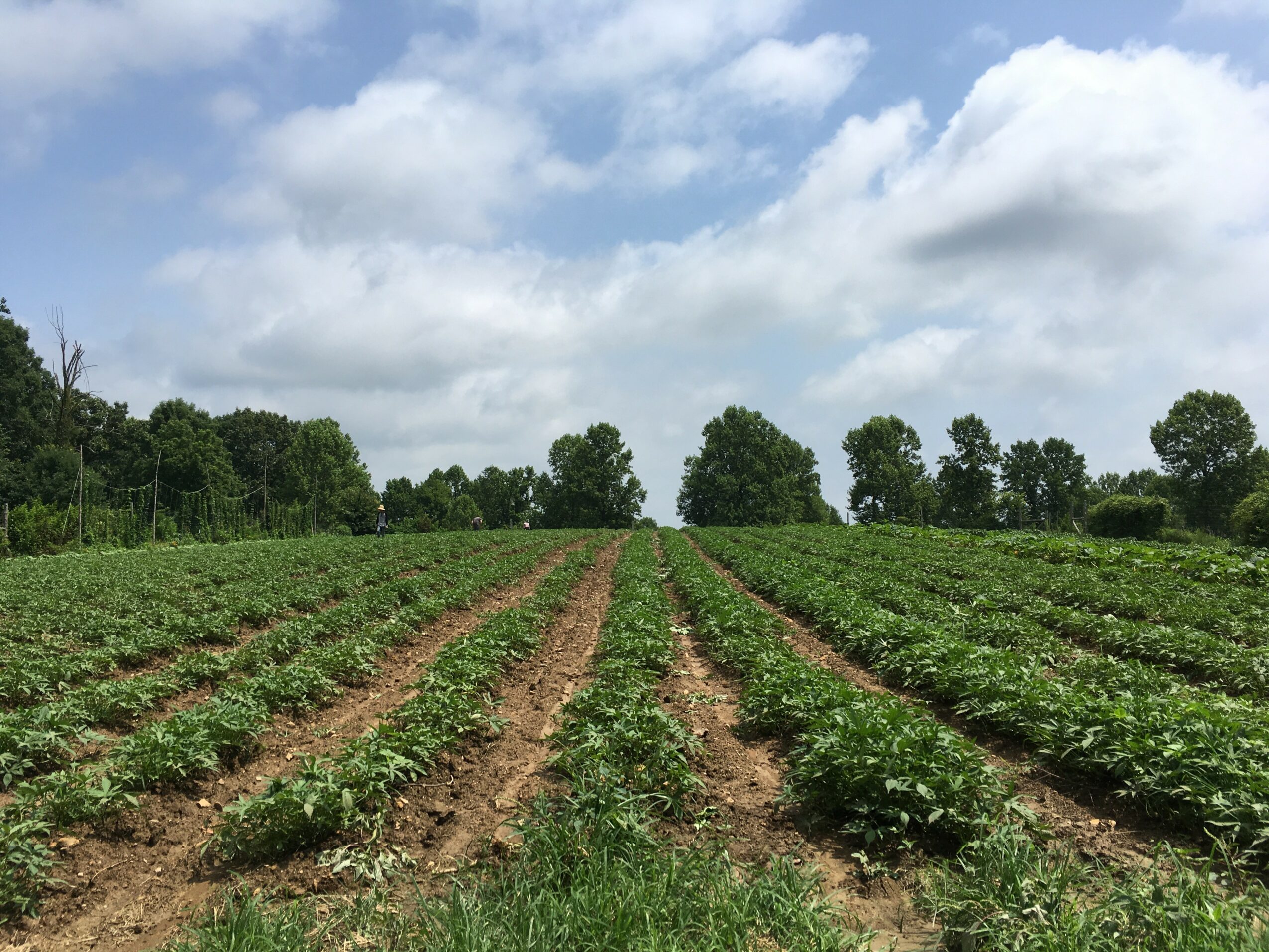
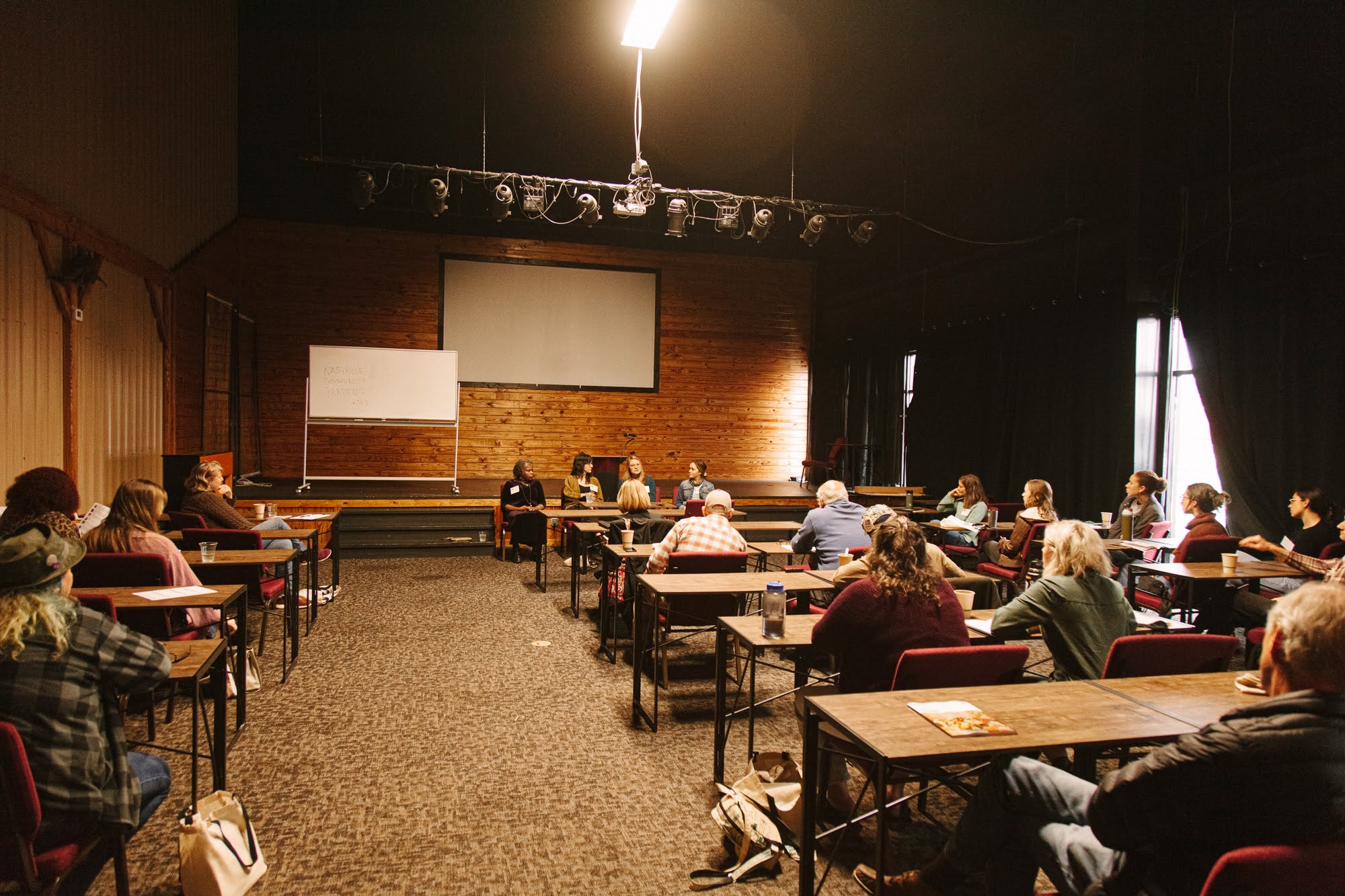
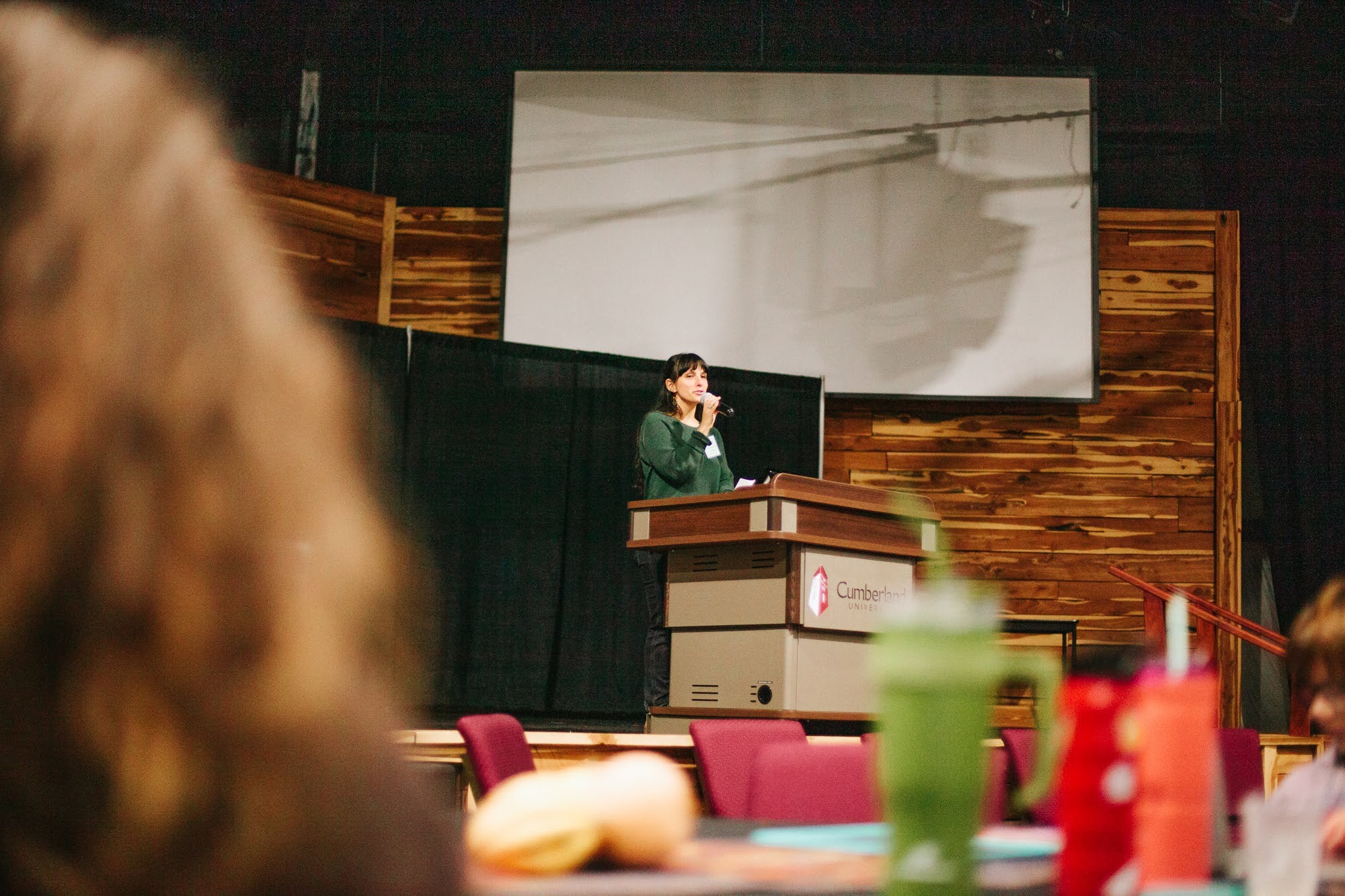 Image Credits
Image Credits
Matt Matheson












